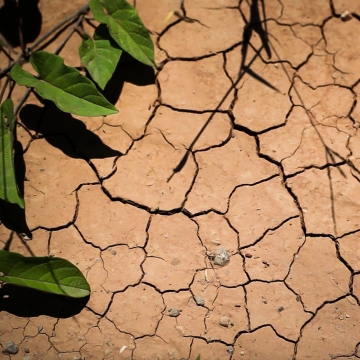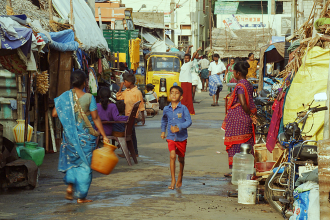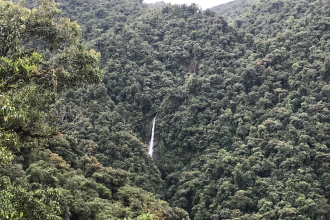
Researchers and graduate students skilled in science communication.
Research fellows and graduate students taking environmental-related courses at Makerere University have been retooled on communicating research findings. The training was part of the EfD-Mak seminar…




